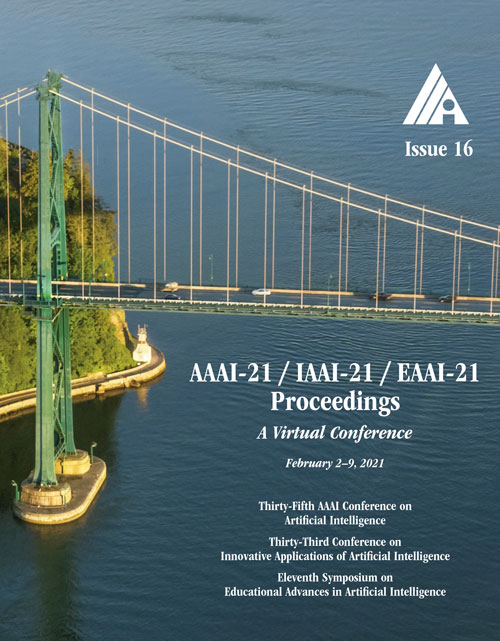Unanswerable Question Correction in Question Answering over Personal Knowledge Base
DOI:
https://doi.org/10.1609/aaai.v35i16.17678Keywords:
Question Answering, ApplicationsAbstract
People often encounter situations where they need to recall past experiences from their daily life. In this paper, we aim to construct a question answering system that enables human to query their past experiences over personal knowledge base. Previous works on knowledge base question answering focus on finding answers for answerable questions. In the real world applications, however, people often muddle up facts and ask those questions that cannot be answered with knowledge base. This work presents a novel system consisting of question answering model and question generation model. It not only answers answerable questions, but also corrects unanswerable questions if necessary. Our question answering model recognizes the question that is inconsistent with the state of the personal knowledge base and suggests facts that can form a feasible question. Then, the facts are converted to an answerable question by the question generation model. For refining question, we propose a question generation model based on the reinforcement learning (RL) with question editing mechanism. Experimental results show that our proposed system is effective for correcting unanswerable questions in personal knowledge base question answering.Downloads
Published
2021-05-18
How to Cite
Yen, A.-Z., Huang, H.-H., & Chen, H.-H. (2021). Unanswerable Question Correction in Question Answering over Personal Knowledge Base. Proceedings of the AAAI Conference on Artificial Intelligence, 35(16), 14266-14275. https://doi.org/10.1609/aaai.v35i16.17678
Issue
Section
AAAI Technical Track on Speech and Natural Language Processing III

